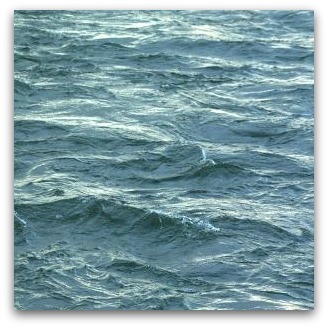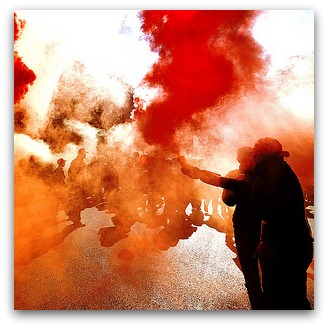Keywords: Eureka Street.Reader's Feast
-

EUREKA STREET/ READER'S FEAST AWARD
- Selma Sergent
- 07 September 2011
13 Comments
A lot of people refused to leave. Sydneysiders with waterfront properties could not fathom that the mansions that had cost them millions of dollars were going to be under water. There were stories of eastern suburbs socialites loading their antiques into boats. And drownings. Lots of drownings.
READ MORE 
-

EUREKA STREET/ READER'S FEAST AWARD
- Julie McNeill
- 24 August 2011
4 Comments
Sociologist Eva Cox heard all the vitriol about boat people when, as a five-year-old Jewish girl, she fled Nazi Germany and headed to Australia. My nine-year-old mother was a different kind of boat arrival: one of 135,000 'child migrants' imported under the 'Populate or Perish' policy.
READ MORE 
-

EUREKA STREET/ READER'S FEAST AWARD
- Lea McInerney
- 20 July 2011
6 Comments
In 2012, the settler people of Australia finally made their peace with their Indigenous brothers and sisters. With this came the discovery of what had been lost, what was missing, what needed to be restored. There was much work to be done and together they made a plan.
READ MORE 
-

EUREKA STREET/ READER'S FEAST AWARD
The Eureka Street/Reader's Feast Award was announced today in conjunction with Eureka Street's other annual ethical essay-writing award, the Margaret Dooley Award.
READ MORE
-

AUSTRALIA
- Bronwyn Lay
- 26 October 2010
6 Comments
In Australia a mass strike is unimaginable. The bureaucratic hoops required before a strike can be considered a legal 'protected action' are Kafkaesque. Therefore strikes have become small, localised and limited to issues of contractual entitlements.
READ MORE 
-

EUREKA STREET/ READER'S FEAST AWARD
- Bill Collopy
- 25 August 2010
11 Comments
X people work hard. Y people are natural athletes. Z
people treat the world like they own it. Q people are violent. R people
are drunkards. S people mistreat women. V
people are queue jumpers. Racial generalising becomes racist only if we
accept its false premise.
READ MORE 
-

EUREKA STREET/ READER'S FEAST AWARD
- Nigel Pearn
- 18 August 2010
3 Comments
The book was banned after parents complained about its anti-authoritarian attitude: 'Wanja [the dog] loved to chase the [police] van ... to bark at the van ... to bite at the wheel. The police van would drive away.' Like Jewish humour, Aboriginal humour is a response to a history of oppression.
READ MORE 
-

EUREKA STREET/ READER'S FEAST AWARD
My granddad was a fourth generation white Australian who worked with
sheep. I used to tell the
story that he was a small town racist who disliked Blacks, Catholics and
Jews. The punch line was that his daughter married a Fijian, his son
married a Jew and my dad married a Catholic.
READ MORE
-

EUREKA STREET/ READER'S FEAST AWARD
READ MORE
-

EUREKA STREET/ READER'S FEAST AWARD
- Ruth Limkin
- 02 December 2009
7 Comments
There are those who argue that the fight to stave off the negative impacts of climate change is a fight to save the world from humans themselves. Dialogue from population-control advocates fails to recognise the dignity of each person.
READ MORE 
-

EUREKA STREET/ READER'S FEAST AWARD
- Arnold Zable
- 04 November 2009
Observing this unique means of fishing, I realised an alternative intelligence was at work, born of the islanders' relationship to the environment. Ironically, this island is one of a growing number facing inundation by rising waters due to climate change.
READ MORE 
-

EUREKA STREET/ READER'S FEAST AWARD
- Stephen Wright
- 30 September 2009
6 Comments
We are terrible at caring for the planet because we are terrible at caring for each other. And we are lousy at caring for each other because we don't seem to have any idea of where the roots of human emotional sustenance lie. We might begin to look at our obsessive love of money and power.
READ MORE 